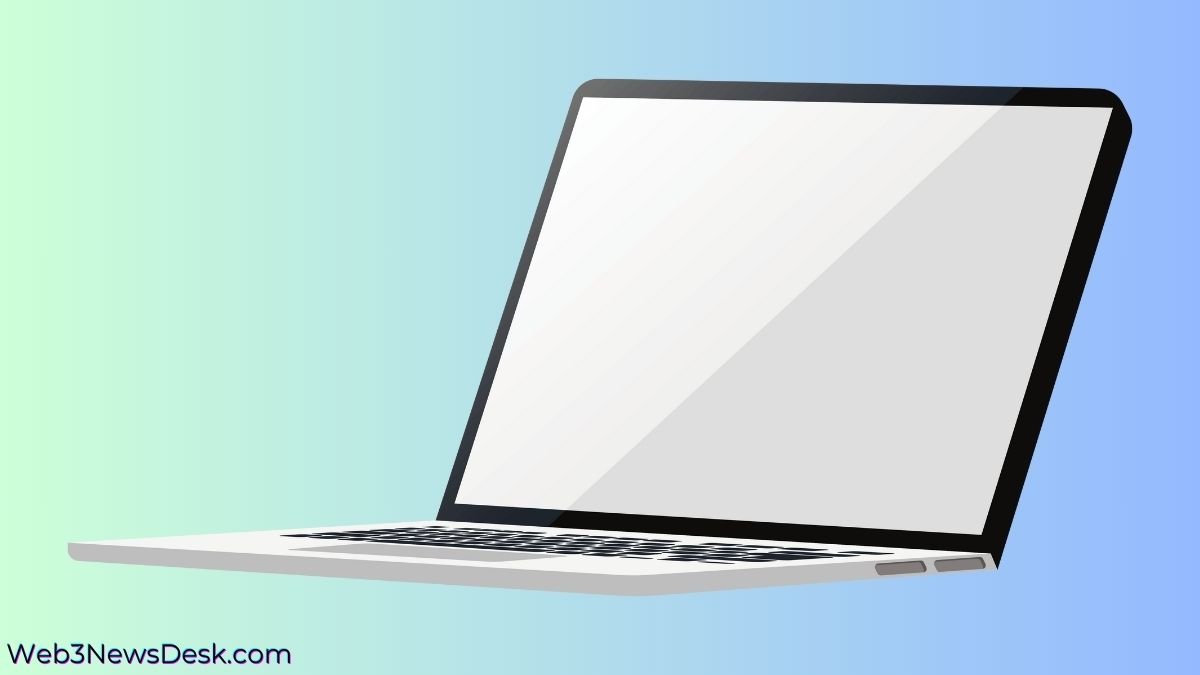In today’s mobile world, portable computers have become essential tools for work, education, and entertainment. But with terms like “laptop” and “notebook” being thrown around, you might wonder: are they the same thing? While both offer portability and computing power, there are key differences to consider before you hit “buy.” This guide will break down the difference between laptops and notebooks, helping you choose the perfect fit for your needs.
Understanding Laptops and Notebooks
Laptops:
Laptops are full-fledged computers designed for portability. They typically come with a built-in screen, keyboard, touchpad, and all the necessary hardware to run various programs. Laptops offer a balance between portability and functionality, making them suitable for students, professionals, and casual users alike.
Notebooks:
Notebooks are a subcategory of laptops, emphasizing extreme portability and a slim design. They are generally lighter and more compact than traditional laptops, making them ideal for tasks that prioritize mobility, such as web browsing, checking emails, and light document editing.
Read: PC vs Laptop: A Comparative Analysis


Difference Between Laptop and Notebook
1. Size and Weight
- Laptops: Laptops come in a variety of sizes, with screen sizes ranging from 11 inches to a whopping 18 inches. This flexibility caters to different needs. Smaller laptops offer superior portability but might have cramped keyboards. Conversely, larger laptops provide a more desktop-like experience but are less convenient to carry around. Weight also varies depending on size and components, typically ranging from 3 to 10 pounds.
- Notebooks: Notebooks prioritize portability above all else. Their screens are usually smaller, typically 11 inches or less, and their weight falls under 5 pounds. This makes them highly portable and perfect for carrying around in a backpack or purse. However, the smaller size can limit screen real estate and keyboard comfort for extensive typing.
2. Hardware
- Laptops: Laptops pack a punch when it comes to hardware. They typically boast powerful processors, ample RAM (Random Access Memory), and generous storage capacities. This allows them to handle demanding tasks like video editing, running complex software, and high-end gaming.
- Notebooks: Notebooks prioritize portability over raw processing power. They typically have less powerful processors, lower RAM capacity, and smaller storage compared to laptops. This keeps them lightweight and efficient but limits their ability to run resource-intensive programs. However, for everyday tasks like web browsing, checking emails, and working on documents, notebooks offer sufficient performance.
3. Functionality
- Laptops: Laptops are versatile workhorses. Their robust hardware allows them to handle a wide range of tasks, from basic word processing to video editing and high-end gaming. They are ideal for professionals, students, and anyone who needs a computer that can handle demanding workloads.
- Notebooks: Notebooks excel at everyday tasks that prioritize portability. They are perfect for students who need to take notes in class, professionals who need to check emails on the go, or casual users who want to browse the web and stream videos. However, their focus on portability often comes with limitations in processing power and functionality compared to laptops.
4. Keyboard Comfort
- Laptops: Laptops typically come with full-sized keyboards that offer a comfortable typing experience. These keyboards have dedicated keys for all functions, including letters, numbers, symbols, and special functions. This makes them suitable for extensive typing tasks.
- Notebooks: Due to their compact size, notebooks often have smaller keyboards with reduced key travel (distance a key presses down). Some notebooks might even have integrated keyboards that double as a touchpad, sacrificing comfort for even greater portability. While sufficient for basic typing, these keyboards might not be ideal for extended use.
5. Price Point
- Laptops: Laptops generally come with a higher price tag due to their powerful hardware and wider range of features. The cost can vary depending on screen size, processor, RAM, storage capacity, and brand.
- Notebooks: Notebooks are typically more affordable than laptops. Their focus on portability and less powerful hardware keeps the price down. This makes them a good option for budget-conscious users who prioritize mobility over raw processing power.
Read: The Ultimate Guide to Mini PC vs Desktop PC
FAQs: Laptop vs Notebook
How do I know if I have a notebook or laptop?
Generally, laptops are bigger and more powerful, while notebooks are lighter and focus on basic tasks.
What is a notebook computer used for?
Perfect for everyday tasks like web browsing, emails, documents, and watching videos.
Why are laptops called notebooks?
They were designed to be portable like a notebook you’d write in, hence the name!
Which is better, a laptop or a notebook?
Depends on your needs! Laptops are great for power users, while notebooks are ideal for portability and everyday tasks.





